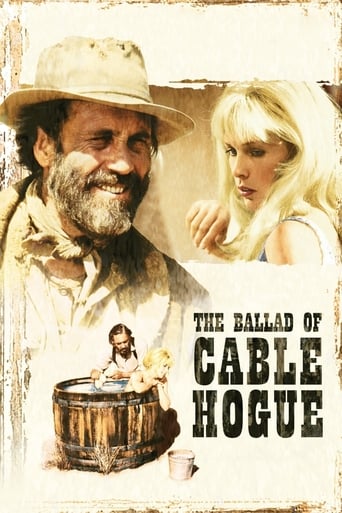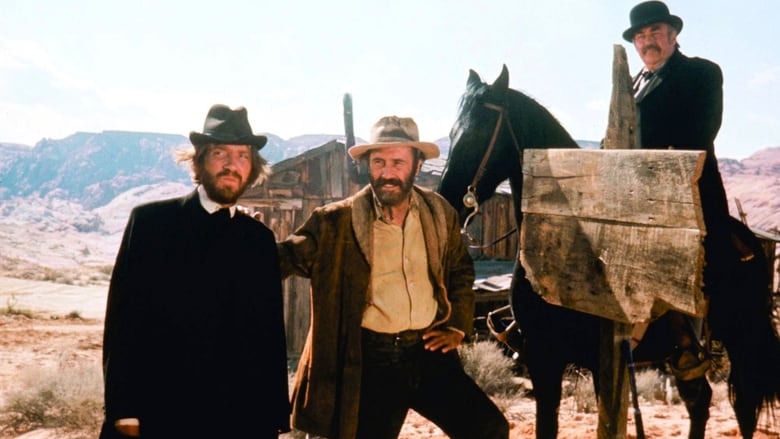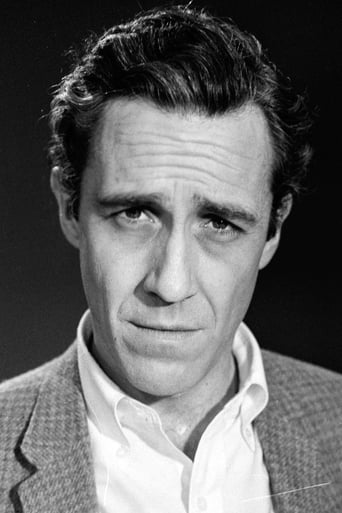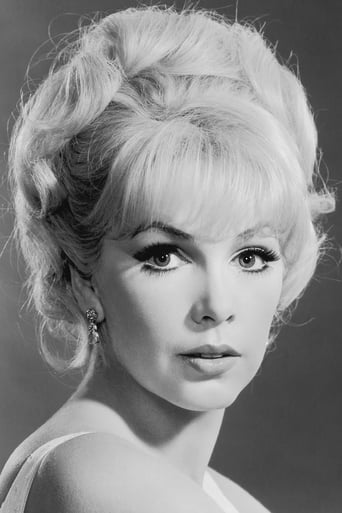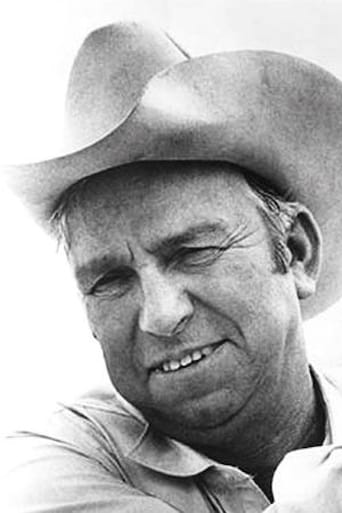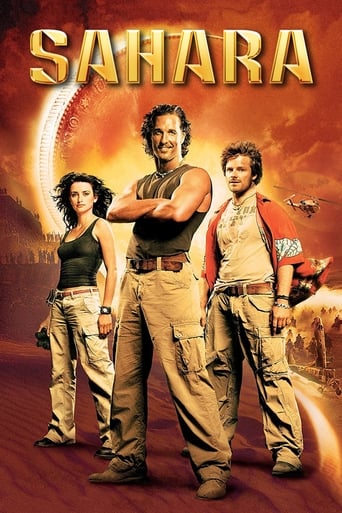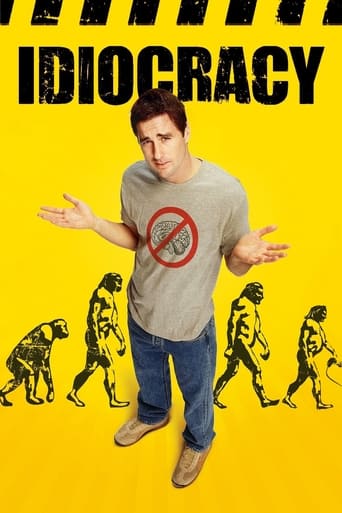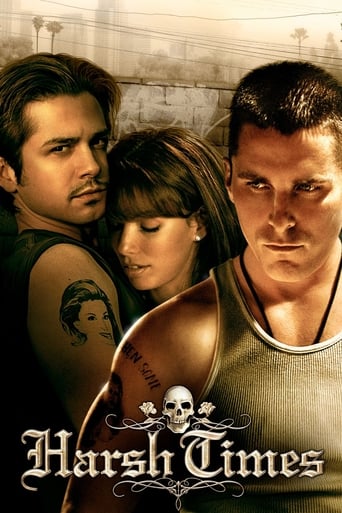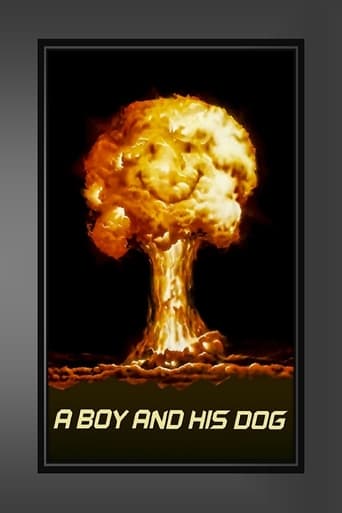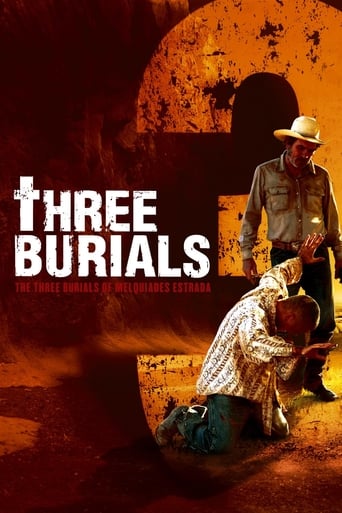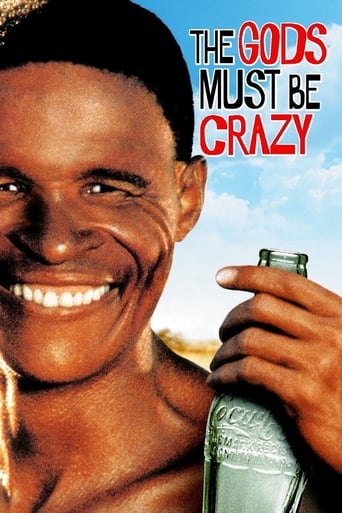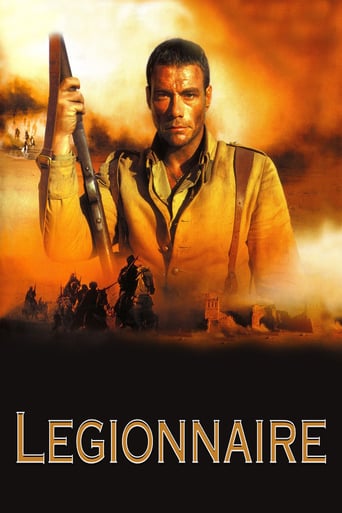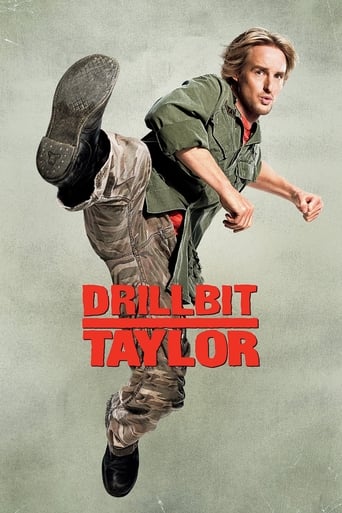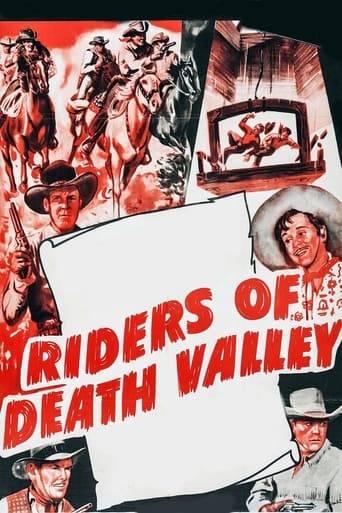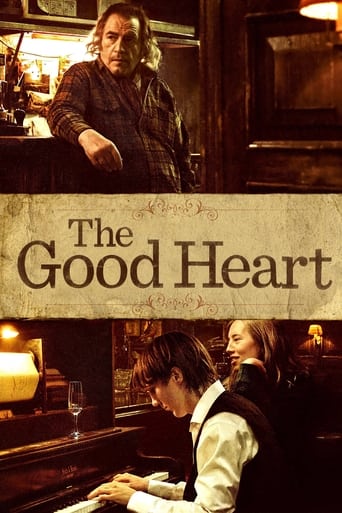The Ballad of Cable Hogue (1970)
Double-crossed and left without water in the desert, Cable Hogue is saved when he finds a spring. It is in just the right spot for a much needed rest stop on the local stagecoach line, and Hogue uses this to his advantage. He builds a house and makes money off the stagecoach passengers. Hildy, a prostitute from the nearest town, moves in with him. Hogue has everything going his way until the advent of the automobile ends the era of the stagecoach.
Watch Trailer
Cast


Similar titles
Reviews
Disapointment
Unshakable, witty and deeply felt, the film will be paying emotional dividends for a long, long time.
The movie turns out to be a little better than the average. Starting from a romantic formula often seen in the cinema, it ends in the most predictable (and somewhat bland) way.
Blistering performances.
I didn't even know this was a Sam Peckinpah movie when I watched it. It has been programmed regularly on Cable TV here in the UK, and I idly switched over to it one Sunday evening. Cowboy movies in 2012? You must be joking! However, I was sufficiently hooked to watch this guy left for dead in the desert. It looks like Jason Robards, so it has to have something going for it. He finds a muddy puddle in the desert. OK, a cliché about this guy building up a prosperous business from scratch. Well, not quite. The clichés never happen. Instead the dialogue is interesting, poetic, never predictable. The character of Cable Hogue has depth and empathy. David Warner hoves into view as a disreputable preacher, dressed in black and thin as a gutter. In the nearest town we meet the hooker, played beautifully by the delectable Stella Stevens. OK, there are elements of slapstick which never quite work, but you feel the movie has something beyond the conventional western. When I discovered it was by Peckinpah, I immediately thought - yes, this is the work of a great director. Not a full-blown symphony, perhaps a string quartet (though by all accounts it cost enough to make). It leaves you with a feeling of satisfaction, tinged with melancholy. That coyote at the end has a collar - perhaps a symbol of the taming of the wilderness.
Sam Peckinpah is mostly known for "The Wild Bunch", but his smaller pictures tend to be better, more personal."The Ballad of Cable Hogue", which Peckinpah regarded as both a personal favourite and the most autobiographical of his films, is a 1970 Western which stars Jason Robards as Cable Hogue, a bearded prospector who sets up a stagecoach station at a watering hole out in the desert. Traffic through these parts will be high, Hogue reckons, and so sooner or later Taggart and Bowen are likely to turn up as customers. Taggart and Bowen being the two men who abandoned Hogue to die out in a desert three years earlier. Hogue wants revenge. Taggart and Bowen, of course, do eventually show up.But the film is uninterested in violence, vengeance, and the genre's usual assortments of gun-play, money grubbing and double-crossing. Instead, Peckinpah turns the film into something more unconventional. Though it's primarily a comedy – Peckinpah's trademark slow-motion bloodbaths become fast, sped up comedy routines – the film is also very moody, lyrical and romantic. Peckinpah's more concerned with lingering on Robard's tired, bearded face, the loving glint in Cable's eyes and the charming way this rough and tumble mountain-man does his best to act gentlemanly and proper around a local hooker called Hildy. She's "the ladiest lady" his eyes have ever laid upon, you see.Contrasted with the chivalrous Hogue is a character called Joshua (brilliantly played by David Warner), a sex obsessed preacher who uses Christ and Bible as an excuse to get close to any woman he can. The film's dialogue is great – Robards, always a likable actor, has some endearing moments – but it's Warner who gets the best lines. Whenever he's on screen he's waxing poetic about female body parts, or finding some way to twist Biblical prose into pornography.Peckinpah was always a Romantic. His heroes are all misunderstood outcasts, wounded macho-idealists who flee hell only to end up in worse hell holes. Without hope or future his heroes are content with what little time and pleasures they have left, the latter often amounting to nothing more than some nickle, land, or a fine lady at their sides to help lick their wounds. These women tend to be hookers and whores, not because Peckinpah's a pervert or misogynist, but because, like Van Gogh, he and his heroes identify with the beaten and downtrodden.Peckinpah called "The Ballad of Cable Hogue" his most autobiographical film. There are no drugs or heavy boozers here (Peckinpah was a notorious alcoholic and addict), but Cable does echo Peckinpah's life in other ways. He abandons the towns and cities, moves off into the wilderness, finds some land for himself, becomes a ragged pauper king and then muses about his legacy before dying. "Was I a violent man or a kind man?" Hogue broods, "a killer or a lover?" Peckinpah, of course, grew up on ranches, was virtually kicked out of Hollywood, made a home in the scrublands of Mexico, had a temperament that bounced from violent king to kind, quiet artist, became worried about his films' portrayal of violence, then found himself resorting to dumb, impersonal action thrillers to keep his career alive. He sees the best and worst of himself in Houge.Regardless, "The Ballad of Cable Hogue" is Peckinpah's gentlest, most introspective film. Like "Two Mules For Sister Sarah", a western released the same year by Peckinpah's mentor, Don Siegel, it's also unashamedly offbeat and free-spirited. If the film treads wrong, it's in an overly literal climax, in which an automobile runs over Hogue, mechanisation and the "new", "civilized" world literally heralding the death of the cowboy. This tired cliché and banal observation is found in virtually every post "Liberty Valance" western.8/10 – Worth one viewing. Some more excellent, unconventional westerns from this period: "Bad Company", "The Beguiled", "Two Mules For Sister Sarah", "The Long Riders", "Pat Garrett and Billy the Kid", "The Life and Times of Judge Roy Bean", "Buffalo Bill and the Indians, or Sitting Bull's History Lesson", "The Shootist" etc.
This classic Western deal with Cable Hogue (Jason Robards) a roguish hustler who in search of good life discovers water and gets property some lands placed on a desert in remote part of the Old West . After getting its register in the Land Office , Cable meets a whore (Stella Stevens) and falls in love with her . Cable along with the prostitute and a lecherous priest (David Warner) care his stopover as resort-lodging of a line stage. Hogue's Castle was a real-life hotel which was acquired in Bishop, California. It was packed-up and transported along with its own furniture to its shooting location across the border in Nevada. Interesting story about a loner who turns into successful entrepreneur is deliberately paced by Sam Peckinpah and the production base for the film was at Echo Bay, Nevada . A twilight story ,¨Ballad of Cable Hogue¨ is a director Sam Peckinpah's lovely effort, feeling look at the world of the Western. Jason Robards , engagingly easygoing but obstinate , is the title character, a drifter who strives to preserve his values in an often harsh modern world . Robards turns a magnificent acting as a hustler who is searching in a changing world for values that have long time disappeared . He also must deal with his two enemies well played by usual Peckinpah couple, L.Q. Jones and Strother Martin , and a lovely whore wonderfully performed by Stella Stevens in his best role ever acted . Sam Peckinpah started work on this film almost immediately after finishing work on the landmark ¨Wild bunch¨ that is why Strother Martin and L.Q. Jones were cast in similar roles in both films . David Warner is particularly fine as the raunchy priest and in his relationship to Jason Robards strike real sparks. Furthermore, it contains an emotive score by the master Jerry Goldsmith, adding various sensitive country-western songs . Colorful and glimmer cinematography by Lucien Ballard, Peckinpah's usual, make this one a winner. An agreeable western with marvelous interpretations and exciting , enjoyable images including split-frames and fast-motion . This outstanding motion picture is stunningly directed by Sam Peckinpah, creating a true classic . Restored and reissued various times with diverse running . ¨The Ballad of Cable Hogue ¨ is a real must see for fans of the genre . This is a much quieter movie than habitual from ¨Cross of Iron¨, ¨Straw dogs¨, ¨The getaway¨, ¨Wild bunch¨ , ¨Major Dundee¨ director Sam Peckinpah who has always a deft eye for period detail . Rating : Above average, well worth watching .
THE BALLAD OF CABLE HOGUE is a film with a lot to like though the story itself didn't seem to deliver. It's the story about a simple guy left for dead in the desert who manages to eventually make it big and forge friendships.As far as what I liked, I thought it was nice to see a Sam Peckinpah film where there wasn't much violence and no slow-motion death scenes. This is actually surprising as the film immediately followed THE WILD BUNCH--a film notable for violence. Additionally, some of the acting was very nice. In particular, Jason Robards, Jr. had a great role and really was able to carry the character or Cable Hogue very well. Despite being a very flawed character, you really could like the guy.What I didn't like were the messages about religion. Preachers were either seen as sanctimonious jerks or sexually compulsive jerks--and nothing else. The worst of these was a preacher, of sorts, played by David Warner--the only performance in the film that just didn't ring true. Cable's lifestyle also bought into this view of the world, as his sweetie was a clichéd "prostitute with a heart of gold". Just once I want to see a film where a prostitute is bad or at least doesn't have a social worker or the Virgin Mary hidden down deep!!Additionally, the story was a tad slow at times, occasionally had "comedic" clips added that just seemed cheesy (such as playing silent movie music and speeding the film up to supposedly heighten the laughs) and just seemed a little anticlimactic at the end. No,...VERY anticlimactic. This really blunted the message and the ending alone lowered my score from a 7 to a 6.

